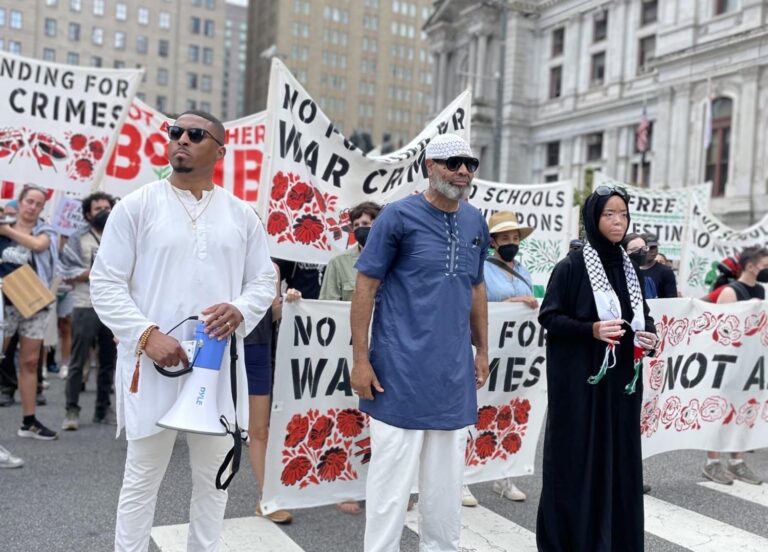Focus Article: Lessons from early American conversations with Islam
by Mokhtar Ghambou
To hear Americans and Muslims talk about each other over the past years, you’d think the relationship between the United States and the Muslim world has been permanently belligerent. The violence and inflammatory polemics generated by the 9/11 terrorist attacks and the wars in Iraq and Afghanistan make it difficult to think otherwise. But if intellectual history is any guide, no Western nation was as positively engaged with Muslim societies as the United States.
Let us take a few examples to clarify the history of relations between the United States and Islam. As US President Barack Obama recently acknowledged in his Cairo address, a Muslim-majority country, the Kingdom of Morocco, was the first nation to recognise the independence of the United States. In 1778, George Washington and the Alaoui Sultan Mohammed III signed a diplomatic treaty of friendship to protect all vessels carrying the American flag against piracy.
Judging from poems, plays or novels written during the early years of the post-colonial Republic, this first encounter with a Muslim-majority nation was an opportunity for 18th and 19th century Americans to gradually give way to an intense cultural dialogue with Muslims and Arabs. Considered the second oldest novel in America, Royall Tyler’s The Algerine Captive is a prime example.
Written in 1779, the book is about an American doctor from Boston who is captured by Muslim Barbary pirates and sold into slavery in Algeria. The main character, Doctor Updike Underhill, spends several years in captivity before gaining his freedom and returning to America. Read more…
—
World Commentary
- Our Suicide Bombers: Thoughts on Western Jihad by John Feffer
- Inept at Both Killing and Coddling Terrorists by Haroon Siddiqui
- Declaring Victory, Going Home by Rory O’Connor





